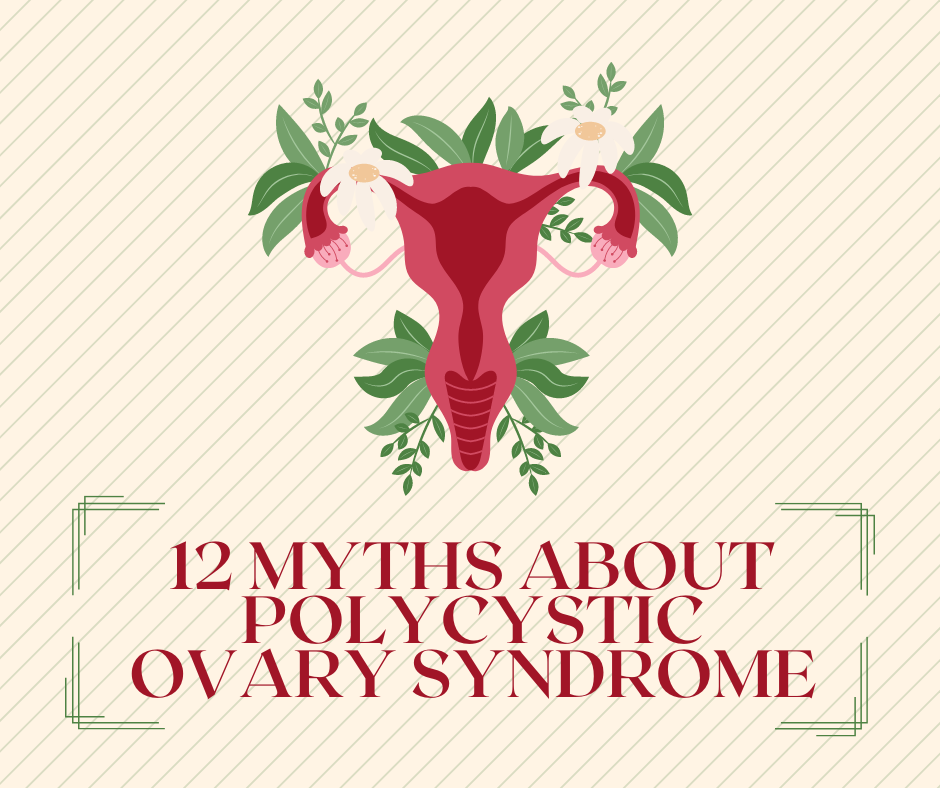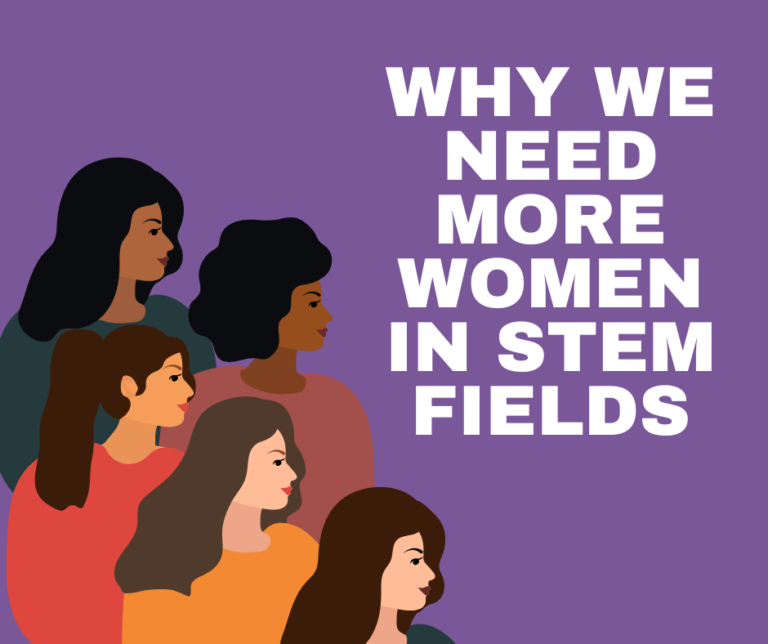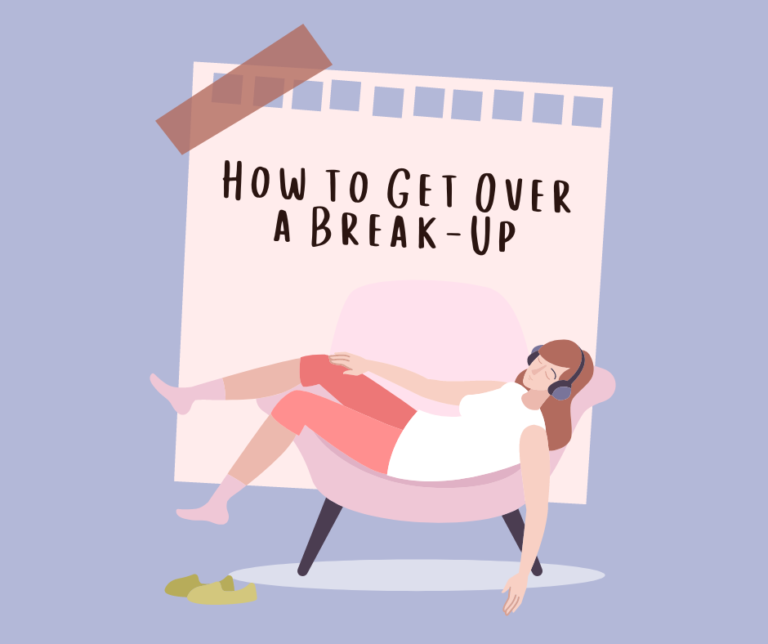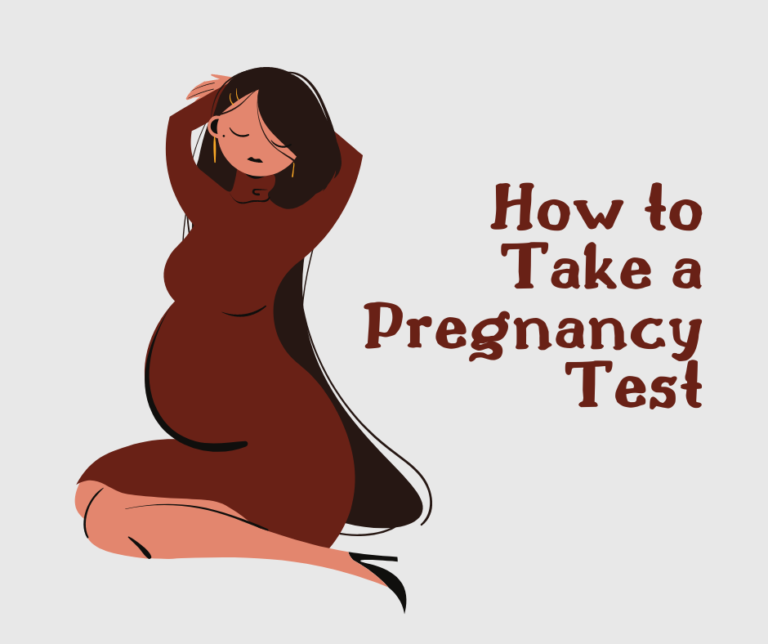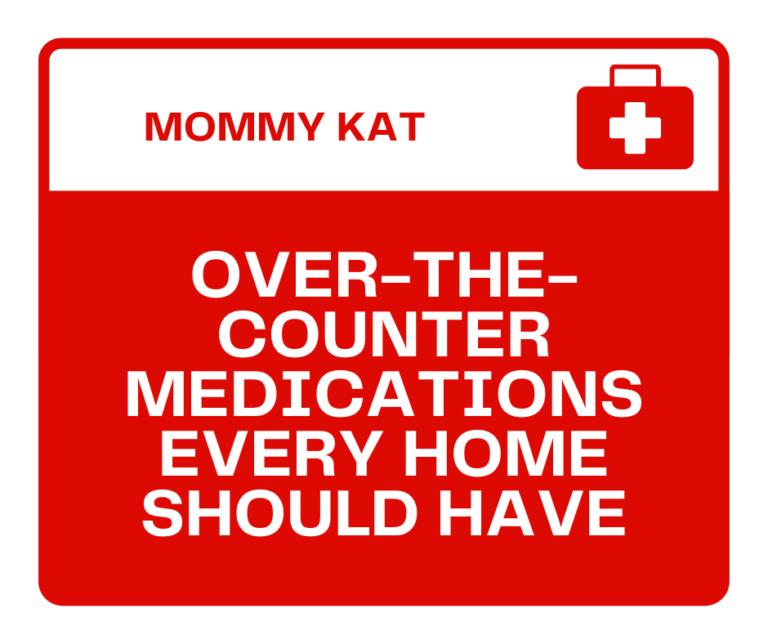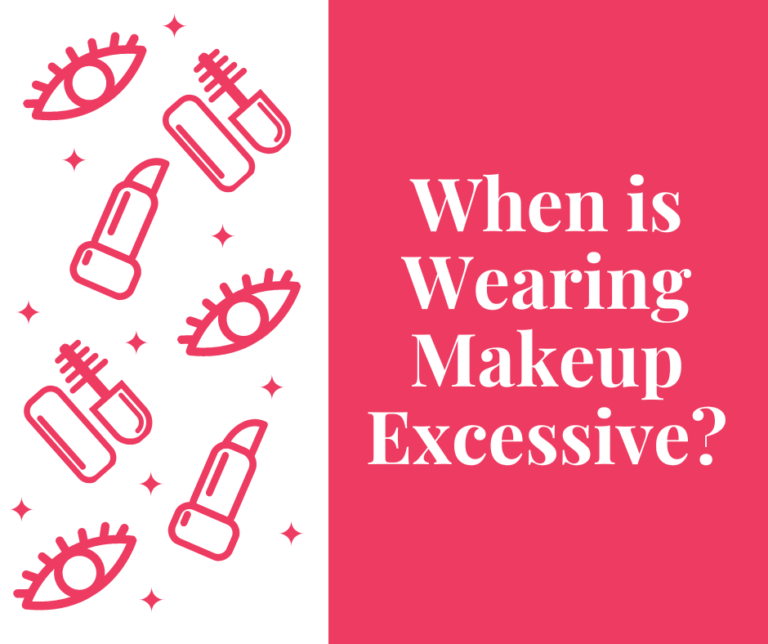Polycystic ovary syndrome (PCOS) is a very common yet mysterious condition that many still misunderstand. In this article, we’ll be looking at the many myths people have about polycystic ovary syndrome and clarifying them once and for all. We hope this helps you get a better understanding of PCOS and how to treat women going through the condition.
1. Polycystic Ovaries Automatically Means PCOS
As PCOS stands for polycystic ovary syndrome, it makes sense that all women with PCOS should have polycystic ovaries, right? Well, that’s not always the case.
Many women with PCOS, in fact, do not have polycystic ovaries, while many people with polycystic ovaries do not have PCOS. That’s why in recent years, many doctors have been advocating for polycystic ovary syndrome to be renamed reproductive metabolic syndrome to combat these myths. To qualify for this, you should have excess androgen, irregular periods, and polycystic ovaries.
2. PCOS Automatically Means Excess Body Hair
One common symptom of PCOS is excess body hair in the upper lip, chest, legs, and more. But that doesn’t mean it’s presented all the time. Due to ethnic differences, a woman can have excess body hair without PCOS and vice versa.
3. Irregular Periods Automatically Mean PCOS
Another common symptom of PCOS is irregular periods. With PCOS, sometimes it’s 50-50 on whether the monthly ovum is released into your uterus or stays in your ovary as a cyst. But, having irregular periods doesn’t always mean PCOS. Irregular periods are a symptom of many other things. Maybe you’re eating too little, exercising too much, or taking medications that affect menstruation.
4. You Can’t Get Pregnant with PCOS
One very common cause of infertility among women is PCOS. Since PCOS is a hormone problem, PCOS ovaries have a harder time releasing an egg that can be fertilized to become a baby. However, that doesn’t mean the odds are next to none—women with PCOS can use various treatments such as follicle-stimulating drugs to get pregnant instead. They can also use fertility treatments like in-vitro fertilization to get pregnant.
5. Inability to Have Kids is the Only Thing Worrisome About PCOS
Whenever some non-PCOS women hear that it’s harder to get pregnant with PCOS, they say, “Hey, that’s not a bad thing at all!” What they don’t understand is that that’s not the only thing that happens in PCOS. Not only do you get aesthetic side effects like excess body hair and acne, but you also get predispositions to deadly diseases like diabetes and cardiovascular disease.
6. Having PCOS Automatically Means Being Overweight or Obese
As you might have already realized, PCOS is a syndrome that can manifest in different ways depending on the person. Like irregular periods and excess body hair, a person with PCOS might not necessarily be overweight or obese, even if PCOS makes you more prone to it.
This is one of the most harmful myths about polycystic ovary syndrome. It overlooks thin women with PCOS and misdiagnose overweight women without PCOS.
7. You Can Only Be Diagnosed with PCOS by Ultrasound
If you feel like you have PCOS, your doctor will likely request an ultrasound from you to check if you’ve got polycystic ovaries. However, they shouldn’t really do this if you already meet the other symptoms of PCOS like excess androgen and irregular periods.
If it’s not to check on polycystic ovaries, your doctor might just be using the ultrasound to see if there’s anything else causing your symptoms. Ovary cancer, for example, can cause irregular periods and weight gain. Then, early treatment can start.
8. Women with PCOS Lose Weight Just Like Everybody Else
It’s easy to tell a woman with PCOS to lose weight by just restricting calories, but when you have a hormonal imbalance, things get a little tricky. For example, PCOS women might have a different composition of gut flora, thus affecting their metabolism and inability to lose weight. So, if you think you’re helpful by telling a PCOS woman to lose weight, you’re not.
9. Women with PCOS Have Weight Gain Because of Insulin Resistance
Scientists are still unsure what causes weight gain in PCOS women, but one likely culprit does seem to be insulin resistance. Despite that, it’s not the only thing PCOS women face that can cause them to lose weight. Even if you fix their insulin resistance, they might still be overweight or obese.
10. You Can Always Tell If You Have PCOS
The symptoms of PCOS seem pretty clear-cut. If you have excess androgen (e.g., excess body hair, acne), irregular periods, and are overweight, it seems pretty likely that you have PCOS. The keyword here is likely—it’s not guaranteed PCOS!
As we mentioned earlier, many things can go wrong with PCOS diagnoses. Your ethnic background could make you have excess body hair, improper hygiene can cause acne, stress can cause irregular periods, and much more. You should never self-diagnose. And, you should always visit an OB-GYN to get yourself tested for PCOS.
11. If You Have PCOS, You Should Be on Birth Control
A common treatment for PCOS is birth control. This helps those hormones that are out of whack to go back to normal. But birth control isn’t the only treatment you should do. It’s not going to magically cure PCOS and its symptoms. Having a healthy diet with plenty of vitamins and minerals and maintaining a healthy lifestyle also contribute.
12. PCOS is a Life Sentence
Being diagnosed with PCOS can be life-changing, but it’s not the end of the world. As long as you make the right adjustments to your diet and lifestyle, you can still live the life women without PCOS live. It’s totally manageable, and if you manage it the right way, you might even forget you were ever diagnosed with it!
